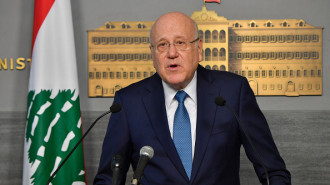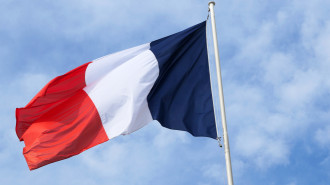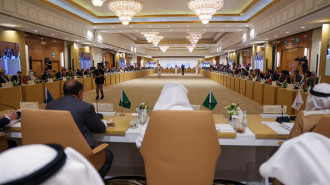Syria chosen to host Arab energy conference in 2024
Syria has been selected by other Arab states to host a major regional energy conference in 2024, the Syria Ministry of Energy announced on Thursday on Facebook.
The decision was adopted unanimously by the Organization of Arab Petroleum Exporting Countries (OAPEC) during a virtual meeting held on Thursday. This will be the second time Damascus hosts the conference - the first was in 1998. Starting in January, Syria will also chair the Council of Ministers of the organisation for one year, taking over from Saudi Arabia.
The move is another clear sign of Arab states' willingness to re-engage with Assad after ten years of isolating him diplomatically and economically.
Arab states decided to suspend Syria from the Arab League in November 2011 at an emergency meeting held in Cairo, following the bloody repression of protests against the Assad regime. Most Arab states had suspended their relations with Damascus since, or kept them to the minimum.
But several countries have made moves over the past months to restore ties with Syria, whose economy used to be pivotal to the region. In the wake of the United Arab Emirates, several reopened their embassies and sent high-profile officials on visit to Damascus. Jordan has reopened its border and does not hide its intention to trade with the regime after obtaining the US' clearance to do so through an exemption from the Caesar sanctions regime.
Egypt and Algeria have both been calling for the return of Syria to the Arab League. As a first step, Syria will likely attend the organisation's next summit, which will take place in Algeria in March, for the first time in a decade.
Syria’s civil war has displaced half of the population and killed hundreds of thousands. The country’s economy has collapsed, but President Bashar Al-Assad remains firmly in power and most neighbours are eager to renew ties amid fears of Iran's growing influence in the country.
Syria produced 350,000 barrels of oil a day before the war but now averages 24,000 barrels a day - not enough to cover its own needs. Most oil fields are located in an autonomous region controlled by Kurdish-led forces, out of the reach of the Syrian government, which has turned to Iran for supply.
The OAPEC was is headquartered in Kuwait and gathers oil-exporting states in the region, including Saudi Arabia, Kuwait, Libya, Algeria, Qatar, the United Arab Emirates, Bahrain, Egypt and Syria. The total reserves of the member states are estimated at 704 billion barrels a year.
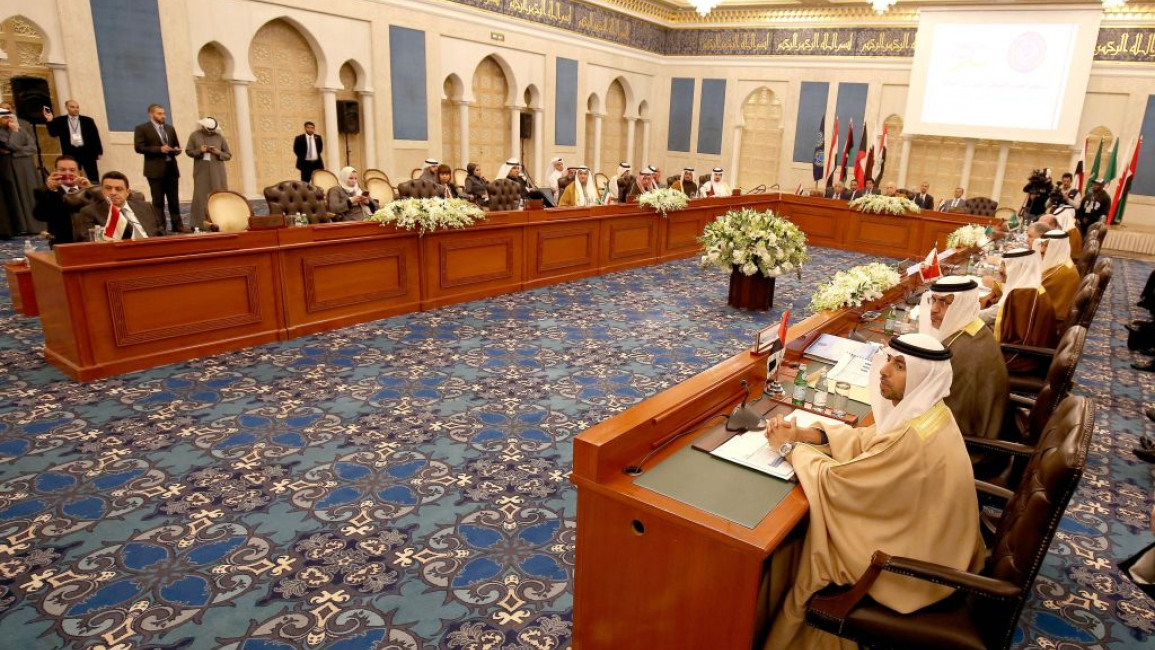
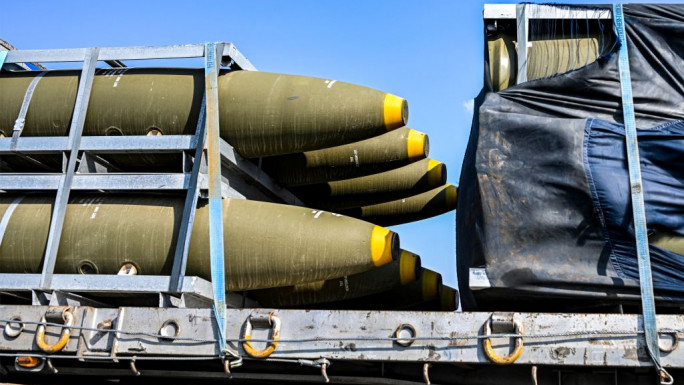
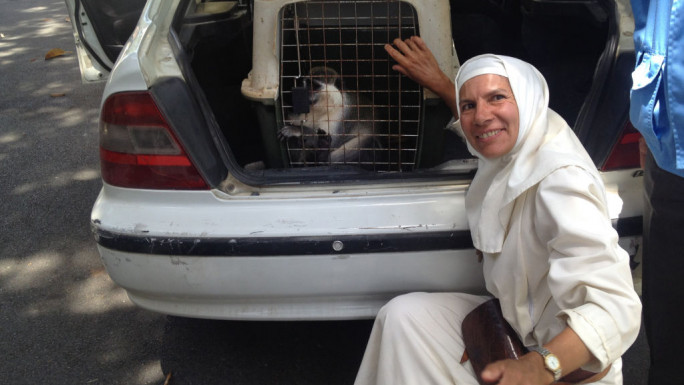
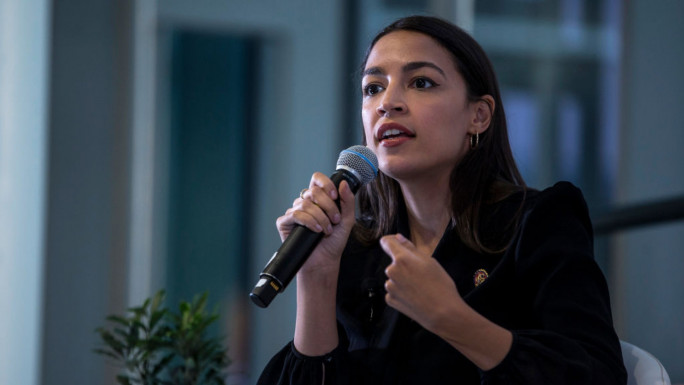
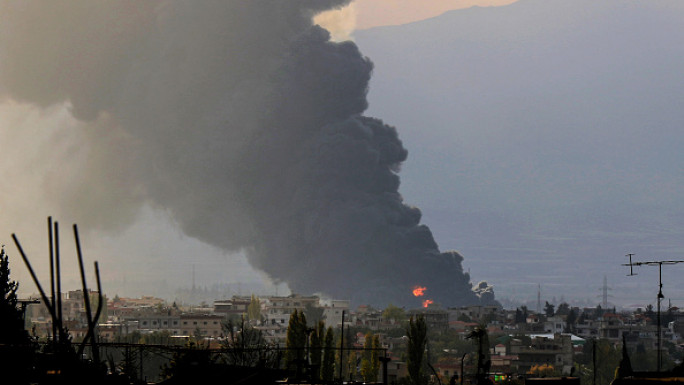
 Follow the Middle East's top stories in English at The New Arab on Google News
Follow the Middle East's top stories in English at The New Arab on Google News
